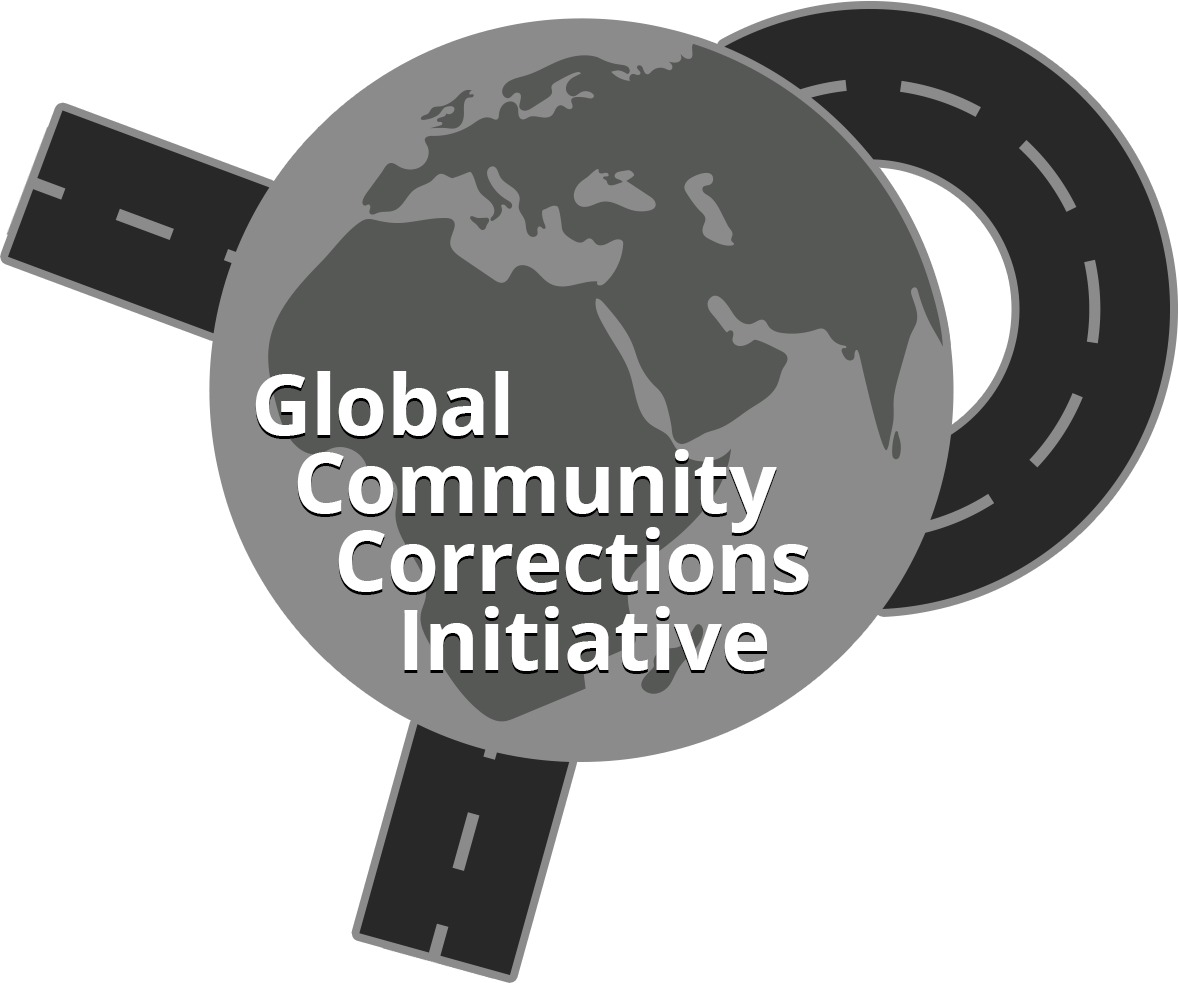
Countries Expertise: United States
Assistant Professor, University of Massachusetts-Lowell
In 2020, Joshua Long became an Assistant Professor in the School of Criminology and Justice Studies at the University of Massachusetts, Lowell. Prior to this, he worked as a research assistant in the University of Cincinnati, Corrections Institute where he received training on risk assessment tools, core correctional practices, program evaluation, and cognitive behavioral therapy. He also taught a seminar in the use and effects of solitary confinement in jails and prisons. He has helped train probation officers in the use of risk assessment tools for juveniles and adults. Joshua has published research articles on the effectiveness of drug treatment programs in juvenile courts, and on the effectiveness of prison programming.
Joshua received his undergraduate and Master's degree in Criminal Justice from the University of Cincinnati. After this, he received a graduate certificate in Applied Behavior Analysis from the same school while working in the Clermont County Department of Job and Family Services as a children's services caseworker. In 2020, Joshua earned his doctoral degree from the University of Cincinnati after writing his dissertation on misconduct and classification practices in correctional facilities in the State of Ohio.
Teaching and Research Interests:
Dr. Long's research interests include: 1) the evaluation of treatment programs and custodial policies in prisons, 2) risk assessment tools, and 3) innovative practices in corrections around the globe.
Dr. Long has taught classes on criminological theories, the corrections system, and criminal justice statistics. In 2020, Dr. Long taught a one-day seminar on the use and effects of solitary confinement in U.S. jails and prisons for graduate and undergraduate students.
Dr. Long is currently writing a book about conditions of extreme confinement in U.S. jails and prisons. This book explores the development of maximum security prisons and summarizes the literature on whether they reduce violence in correctional settings.
